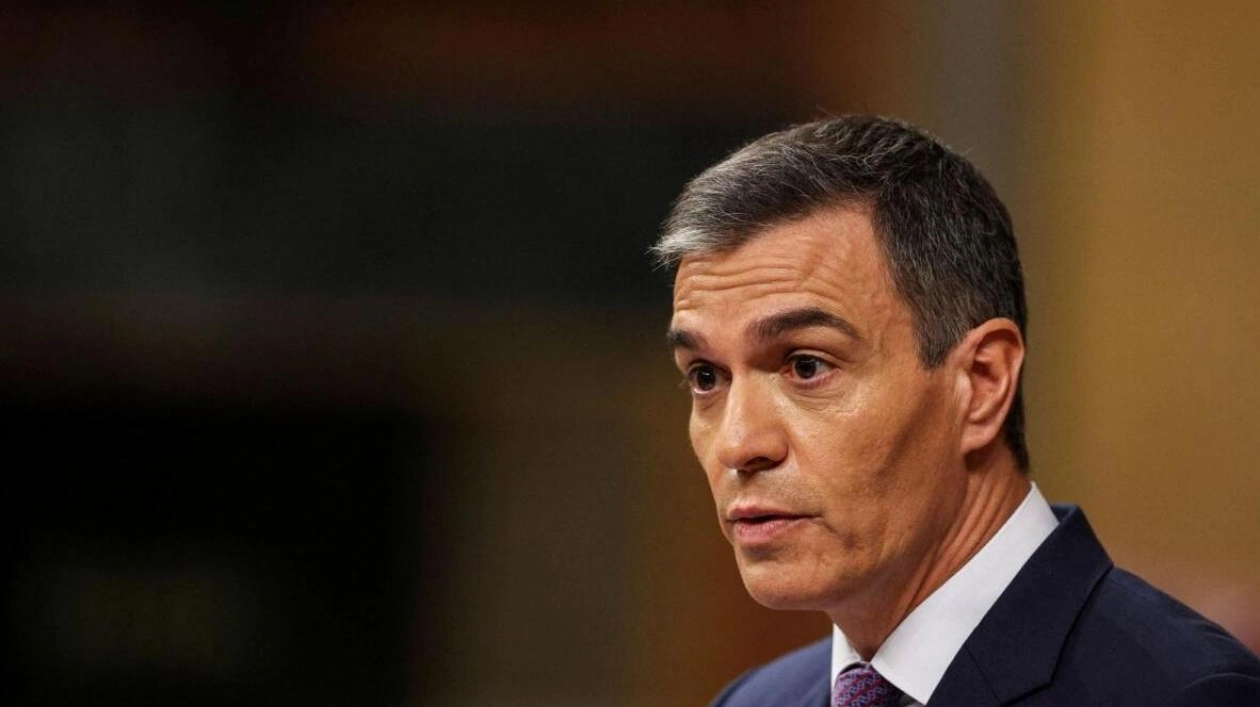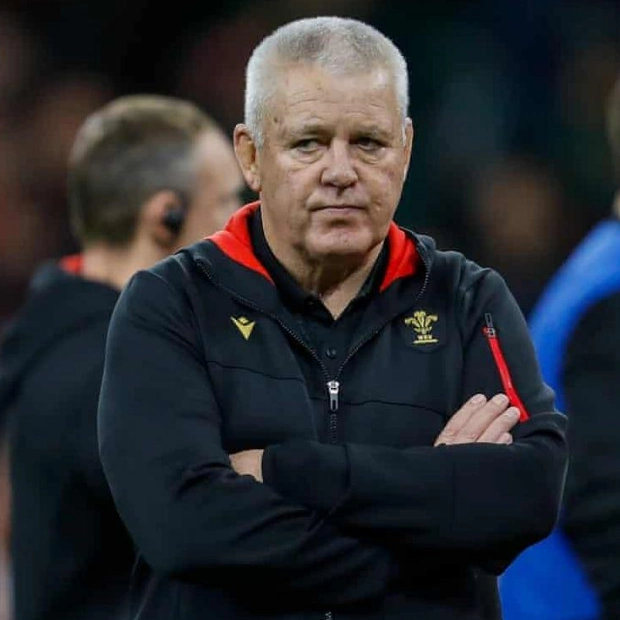Spain has introduced new measures aimed at combating the proliferation of fake news, a move that has been criticized by the conservative opposition as an effort to suppress critical media voices. "Without quality free media, democracy cannot exist," stated Socialist Prime Minister Pedro Sanchez during a speech in the lower house. "In the absence of trustworthy and diverse information sources, citizens are left in the dark." These measures are being proposed amidst heightened discussions about media freedom and the regulation of harmful or misleading content, particularly in light of recent European Parliament elections and other significant votes in Europe, India, and the United States.
In Spain, as in many other countries, newer methods of news dissemination, such as those on social media platforms and messaging and video applications, are increasingly shaping political discussions and reaching broader audiences compared to traditional media outlets. Sanchez emphasized that these regulations would apply to all media forms. They are also intended to align Spain with the European Media Freedom Act, which was approved in March and aims to both regulate the media and protect journalists from state surveillance or being compelled to disclose their sources.
The conservative People's Party has criticized the timing of the bill, noting that it comes just days before Sanchez's wife, Begona Gomez, is scheduled to appear in court in connection with a corruption investigation. Sanchez has dismissed this case as fabricated news propagated by right-wing media with the backing of opposition parties. The People's Party has labeled the bill a "censorship law" and has called for the defense of freedom of speech on social media platforms. Sanchez has assured that the government will not endorse any particular media outlet.
Additionally, Sanchez proposed that media outlets should disclose all shareholders who influence editorial policies, the amounts they receive from public advertising and third countries, and provide transparent audience data. He also announced a 100 million euro subsidy to assist traditional media in transitioning to digital platforms.






